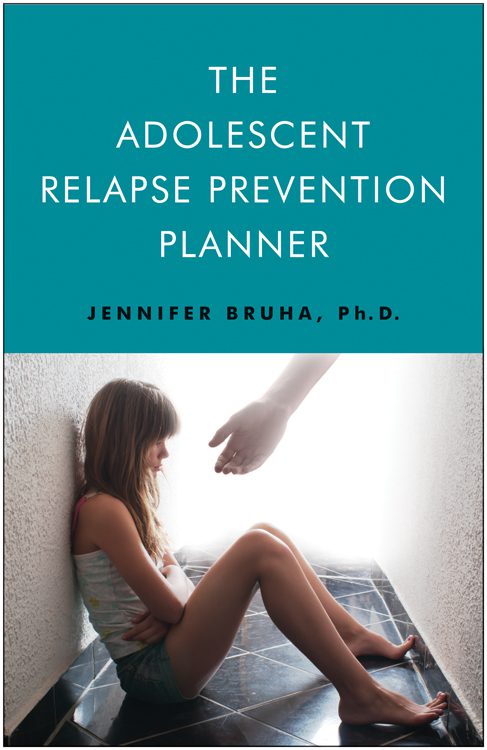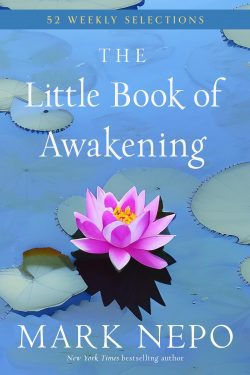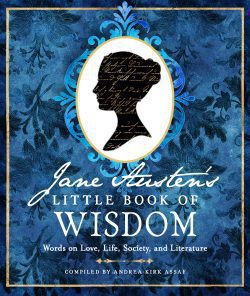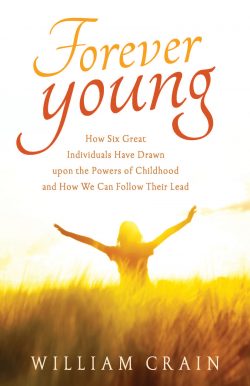*2013 International Book Awards Winner in Psychology/Mental Health (http://www.prweb.com/)
Substance abuse continues to be a problem in society, particularly among adolescents, who are exposed at younger ages to new and stronger drugs with higher addictive potential and greater availability. In response, award-winning teen addictions clinician and research expert Dr. Jennifer Bruha has created an insightful and innovative new workbook that helps counselors, parents and adolescents themselves deal with the challenges of teen addiction and craft a realistic plan for change.
The Adolescent Relapse Prevention Planner contains a variety of educational information, discussion topics and exercises around substance abuse that can be used both for individuals and groups. The writing tone, as well as the structure of the exercises, are geared to the teen level; the entire process is designed to be intriguing, thought-provoking, psycho-educational and even fun – making treatment and the recovery process more personally empowering, manageable and more achievable.
Bruha addresses recovery from addiction through the stages of change, from overcoming denial and acknowledging that they have a problem with substance abuse; learning more about drugs and exploring the short- and long-term consequences; examining ways to quit, and how to set up structures to prevent relapse; and maintaining a healthy lifestyle every day, then every week and every month.
The Adolescent Relapse Prevention Planner offers several unique components not available in other recovery literature, including:
- Exercises and discussion topics at the end of each section that can be adapted for individuals or groups
- Drug education, including the short- and long-term health effects of stimulants, depressants and hallucinogens The Adolescent Relapse Prevention
- Examples and stories using real-life teen situations such as peer pressure, relationships, emotions, impulsiveness and honest communication
- Family and genetics issues in substance abuse and addiction, including a section on making a family tree to identify family system patterns in substance abuse, mental health problems and trauma
- Graphic of the cycle of addiction which clearly illustrates the need to step out of self-defeating behaviors and relationships
- Self-care, they key to creating real change; including discussions and exercises on mindfulness (a burgeoning topic in psychology and addiction research)
“In this high-stress world, where temptations are everywhere. . . adolescents search for that quick fix to escape from reality,” Bruha writes in the book’s introduction. “Unfortunately for many, that desire for a quick fix leads to substance abuse and even addiction, which impacts puberty and adolescent development physically, psychologically and emotionally. This presents unique challenges in treatment and recovery. This workbook addresses the challenges adolescents face in their own recovery, regardless of where they fit in the stages of change process.”





